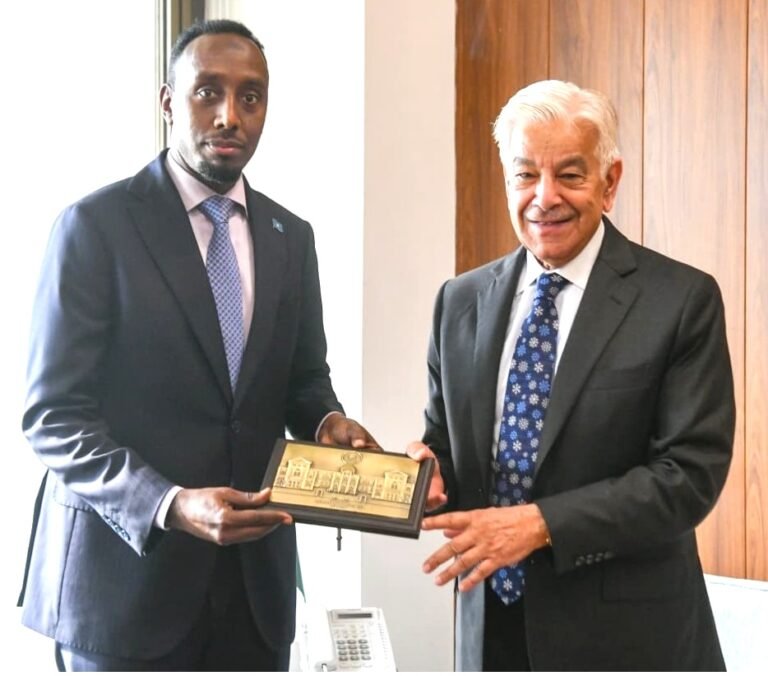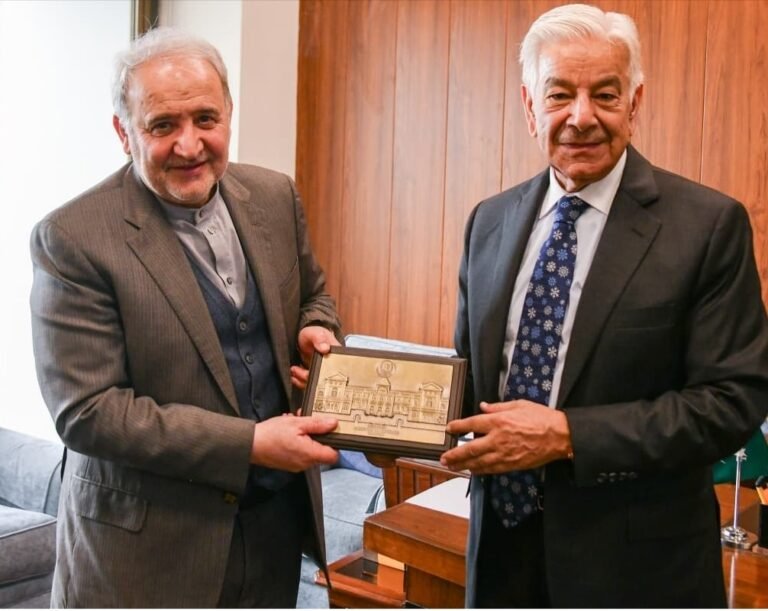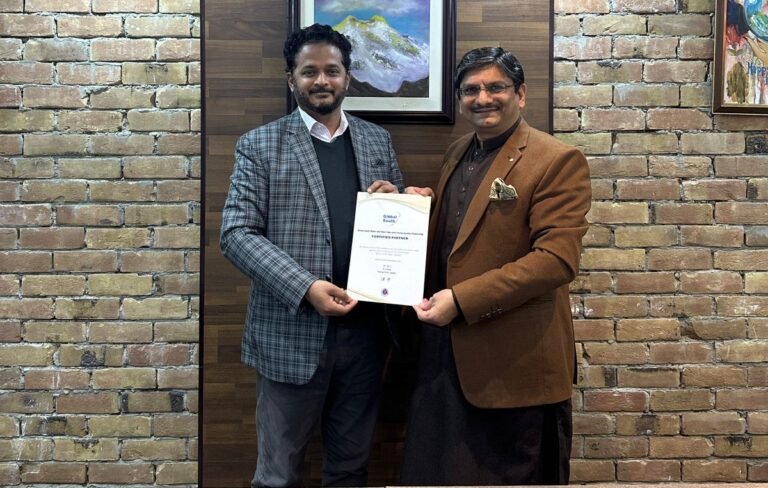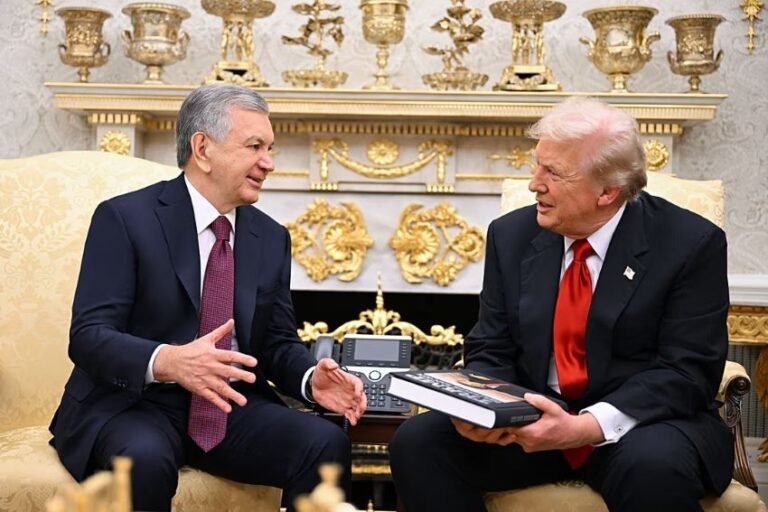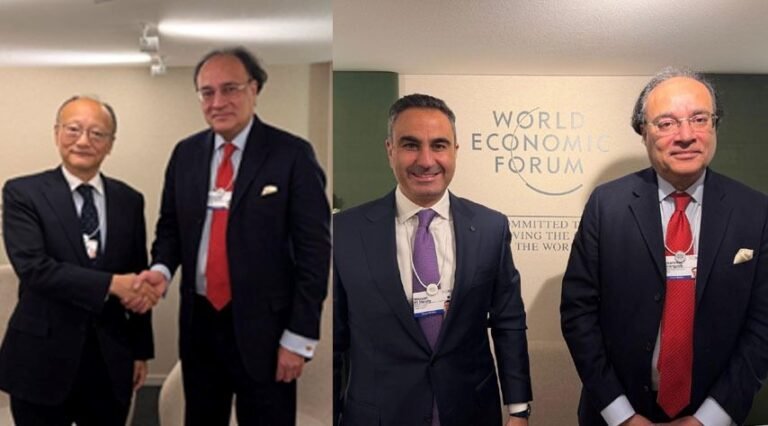Half of the world’s population lives in Asia, and the role of its countries, especially Tajikistan, is of great strategic and geopolitical importance. The capabilities of countries are formed by diversity, initiatives and development-prone policies, and this is exactly what is making Asia the fastest growing continent in the world.
Tajikistan, with constructive and timely initiatives under the leadership of President of the country, Emomali Rahmon, pays attention to the issues of water, glaciers and the environmental footprint we leave behind for future generations of the world; considering this as an important aspect of diplomacy for the economic development and well-being of the people of the region and the world.
Amidst the complex challenges countries are facing, the member states of the Shanghai Cooperation Organization (SCO) work together to advance its goals and objectives. Its goals are to address pressing issues and promote regional security, economic prosperity, and cultural exchanges. It is not only valuable to the SCO as a multilateral organization, but also has the potential to be a model for relations between countries around the world. By promoting coordination and cooperation, it inspires collective progress and prosperity for all partners.
Since independence, Central Asia has established good and harmonious relations with the South Asian region. With shared links in literature, culture, language, and history, projects and initiatives play a strategic role in developing and sharing their abundant natural resources.
Read More: Tajikistan’s Global Push to Combat Glacier Melting
In this context, Tajikistan is one of the countries that has close geographical ties with Pakistan, and diplomatic relations between the two countries were established on June 6, 1992. The Embassy of the Islamic Republic of Pakistan in Dushanbe was first opened in 1993, and its activities began in early 1994. The President of Tajikistan, Emomali Rahmon, first visited Pakistan in 1994, and has visited the country many times since to participate in meetings and conferences.
Pakistani Prime Minister Shehbaz Sharif is coming to Tajikistan on an official visit, on May 29, 2025. He will also be delivering a speech at an international conference on glacier conservation.
It is worth noting that in Central and South Asia, especially in Afghanistan, Pakistan, and India, peace and stability, water shortages, unfair water management, climate instability, and the prevention of glaciers are considered important issues.
At the initiative of the President of Tajikistan, water preservation and the potential of water-driven conflicts are constantly being discussed at regional and interregional seminars. Water is one of the most valuable and important resource. In this regard, the President emphasized in his meetings and speeches that “Everyone should understand that the value of water is no less than the value of oil, gas and other types of fuels and energy sources for the stable future of the country and the region.”
Read More: Tajikistan’s Football Diplomacy
Thanks to the continuous efforts of the Founder of Peace and National Unity – Leader of the Nation and President of the Republic of Tajikistan, Emomali Rahmon, Tajikistan’s constructive initiatives have gained international recognition. In 2013, the United Nations declared the International Year of Water Cooperation, and initiatives such as the “Clean Water”, “Water for Life”, “Water for Sustainable Development”, and the International Decade for Action on Water for Sustainable Development (2018–2028) were proposed and adopted.
The opening ceremony of the International Year of Water Cooperation took place at UNESCO Headquarters in Paris on February 11, 2013, where the official representative of Tajikistan, as the initiator country, participated and delivered remarks.
Building on this momentum, on April 12, 2015, the World Water Forum convened in Daegu, Republic of Korea, marking the conclusion of the first decade focused on water and climate issues under the “Water for Life” initiative. President Rahmon, attending the high-level event, emphasized the urgency of water issues, stating, “The world should not remain indifferent… serious decisions should be implemented in the future.”
Tajikistan is home to over 8,492 glaciers covering approximately 8,476 square kilometers, around 6% of the national territory. These glaciers, mostly located in the Northern and Western Pamirs and the Hissor-Alai Mountains at altitudes of 3,000–5,300 meters, are vital sources of fresh water. Scientific studies confirm that glaciers play a critical role in regulating Earth’s climate by maintaining heat and moisture balance. The accelerated melting of glaciers due to climate change threatens to increase global temperatures and negatively impact human life.
Read More: Tajikistan’s Peace Diplomacy: Catalyzing Regional Cooperation and Reconciliation
In March 2021, President Rahmon highlighted this issue, stating, “The rapid melting of glaciers… can lead to extremely negative consequences. This issue must receive the special attention of the international community, especially political leaders.”
In line with this commitment, Tajikistan proposed 2025 as the International Year of Glacier Conservation, a resolution adopted by the UN General Assembly on December 14, 2022, with broad member-state support.
It is a point of pride that Tajikistan’s water and climate initiatives are widely supported, including by Pakistan. The two countries, which established diplomatic relations on June 6, 1992, recognize the importance of water resource cooperation and regularly hold joint meetings.
From April 24–26, 2024, the first International Conference on Climate Change was held at Grand Asia University in Sialkot, Punjab, Pakistan, initiated by the Embassy of Tajikistan. The event focused on pressing issues of water and ecology, reflecting the continued emphasis of President Rahmon. Participants included scientists, meteorological experts, representatives from European institutions, energy specialists, students, and media.
Read More: Tajikistan’s Model of Peace and Harmony
A representative from the Embassy of Tajikistan noted that with 93% of its territory mountainous, Tajikistan, like Pakistan, is highly vulnerable to climate impacts such as floods, landslides, and avalanches.
Pakistan, an agrarian nation heavily reliant on water for agriculture, is also among the most climate-vulnerable countries. According to NASA, glacial lake volumes have increased by 50% since 1990, and more than 3,044 glacial lakes have been identified in Gilgit-Baltistan and Khyber Pakhtunkhwa—33 of which are at high risk. The IMF ranks Pakistan third in terms of water scarcity, with 60% of its water sourced from increasingly erratic monsoon rains.
Federal Minister for Climate Change, Musaddiq Malik, emphasized that Pakistan holds the second-largest glacier system outside the polar regions, located in the Hindu Kush, Karakoram, and Himalayas—collectively known as the “Third Pole.” Glaciers like Passu are now covered in debris due to centuries of avalanches and rockfalls, and have shrunk dramatically. From 1977 to 2014, Passu Glacier alone shrunk by 10%, with a loss rate of up to 4 meters per month.
In 2016, Pakistan received adaptation funding from the Green Climate Fund, and has since invested in reservoirs, flood barriers, and cut-off channels. However, water management systems remain insufficient, particularly during seasonal fluctuations. Reservoirs such as Tarbela, Mangla, and Chashma have lost significant storage capacity due to siltation. As noted by remote sensing expert Sher Muhammad, this vulnerability is increasingly evident.
Read More: Navruz and Tajikistan’s Global Cultural Diplomacy
In contrast, Tajikistan contributes minimally to global greenhouse gas emissions and ranks among the top nations in green energy production, taking timely, practical steps to address water shortages, environmental challenges, and climate change. Its “green energy” policies serve as a model for sustainable development globally.
Many countries view the President of Tajikistan as a leading advocate on water and climate issues. Global forums increasingly serve as platforms for dialogue and cooperation in tackling these pressing concerns.
It is therefore recommended to improve hydrological models by collecting data through frequent glacier monitoring, particularly in early periods. Better data will enhance model effectiveness and inform sustainable water management policies.
Global cooperation using shared models and data can protect water and glacier systems while driving economic development, project implementation, and peacebuilding. The UN General Assembly’s recognition of 2025 as the International Year of Glaciers, March 21 as World Glacier Day, and March 22 as World Water Day underlines the importance of safeguarding these vital resources for global well-being.
Read More: Tajikistan Pledges Green Shift at COP29
Pakistan’s strong history in trade, industry, tourism, and diplomacy—evident through its participation in international forums—adds to the region’s stability. Its chairmanship of the Shanghai Cooperation Organization (SCO) for 2023–2024 is a step toward regional cooperation and shared prosperity.
Tajikistan and Pakistan, as active SCO members, can make meaningful contributions to regional peace, economic progress, trade, and tourism. SCO member states should align efforts to promote long-term peace and development through joint projects, cultural exchange, economic initiatives, and people-to-people diplomacy, thus guiding the region—and the world—toward a more constructive, sustainable, and peaceful future.
Rahmonov Mirsaid
Rahmonov Mirsaid is a senior researcher at the South-Eastern Asia Department of the Institute of Asia and European Studies, National Academy of Sciences, Tajikistan. He can be reached at esrp_mirsaid@yahoo.co.uk



